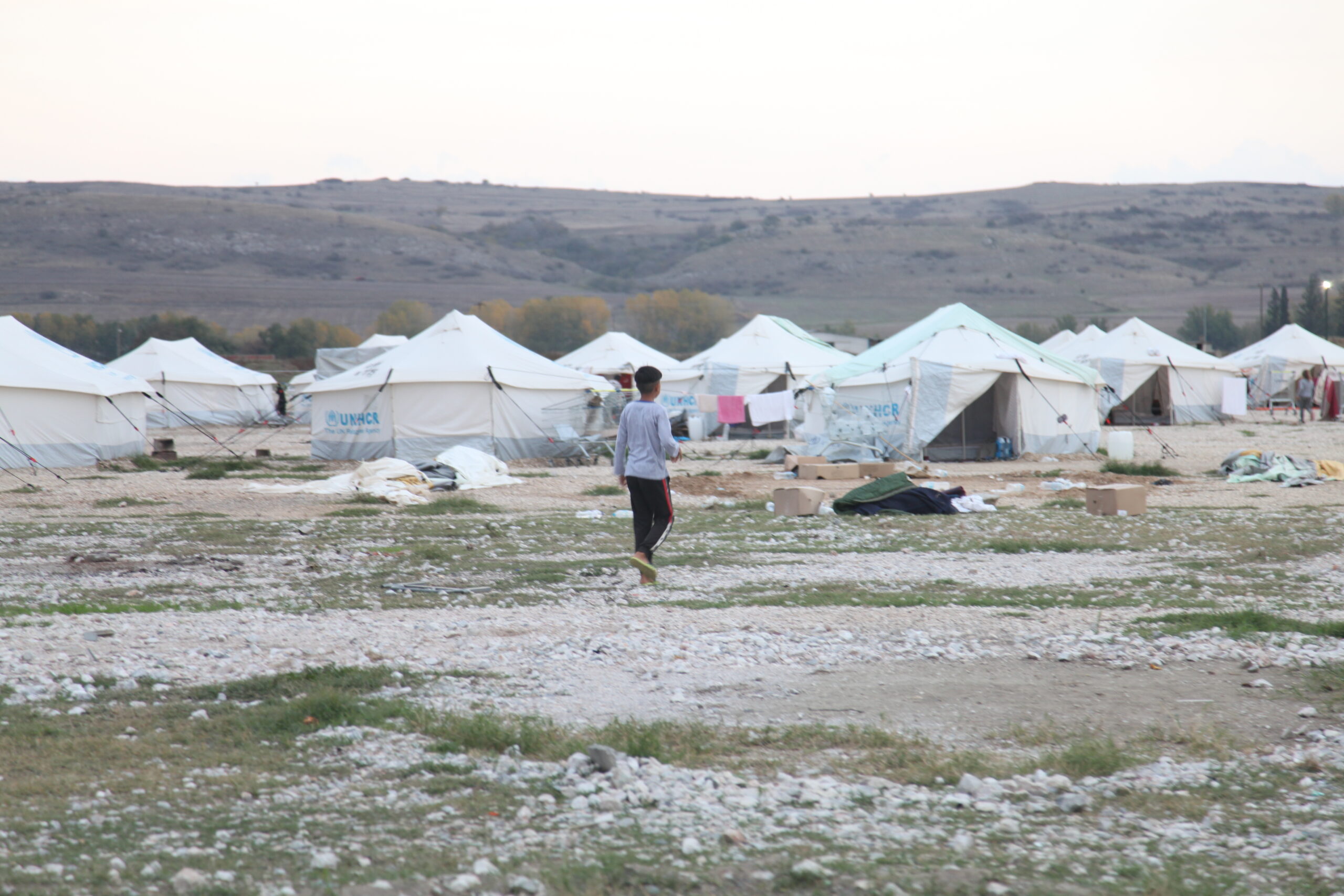As wars and climate-driven disasters displace millions, speed is everything. Humanitarian responders are turning to AI-powered translation tools for rapid, multilingual crisis communication, broadcasting evacuation orders, medical guidance, and aid instructions across linguistic divides in seconds.
But if speed is the vehicle, what/who, exactly, is steering?
Because in high-stakes scenarios where clarity can save lives and nuance carries emotional weight, the margin for error isn’t just technical. It’s ethical.
The hidden risks of AI translation in crisis
Despite its syntactic prowess, AI still struggles with dialects, emotional register, and the cultural context that renders language human. A phrase like “You are eligible for aid” might seem harmless. Yet when stripped of tonal nuance, it can ring cold, conditional, even suspect—especially to someone who’s just lost their home. This is a liability.
And the risks multiply when you consider bias. AI systems, after all, are only as impartial as the data they’re trained on. Without rigorous oversight, they can reinforce harmful narratives just when empathy and accuracy are most needed.
Then there’s the matter of consent. Displaced individuals rarely have a say in how their words are collected, processed, or archived by AI tools. When voices are harvested for utility but stripped of agency, communication shifts from support to surveillance.
Why human oversight is the benchmark
At Words We Trust, we don’t plug in prompts and hope for the best. Our hybrid model embeds AI research and fetch processes within a framework of expert human translation and revision. Each piece of crisis communication is translated by linguists trained in:
- trauma-informed language,
- crisis discourse,
- cultural verification under pressure.
We use tools that integrate AI, like LogiTerm, to mine our vetted termbases, retrieve information, and align with established field-specific translations. We cross-reference glossaries and bilingual files across hundreds of platforms—not to chase consensus, but to triangulate accuracy.
This meticulous approach aims to ensure not just linguistic precision, but also the ethical integrity and profound respect vital to every human interaction we facilitate. In a world where displaced people are too often reduced to data points, we double down on dignity.
Not just a luxury—a lifeline
For organizations navigating the dense thickets of crisis communication in a multilingual world, this level of intentionality is an operational must. It’s what transforms communication from generic outreach into meaningful connection.
Because while AI can broadcast at scale, only human insight ensures the right message reaches the right person in the right way.
At Words We Trust, we partner with organizations to build communication strategies that deliver this crucial human insight. If you’re seeking to elevate your multilingual response, we invite you to explore our approach.

